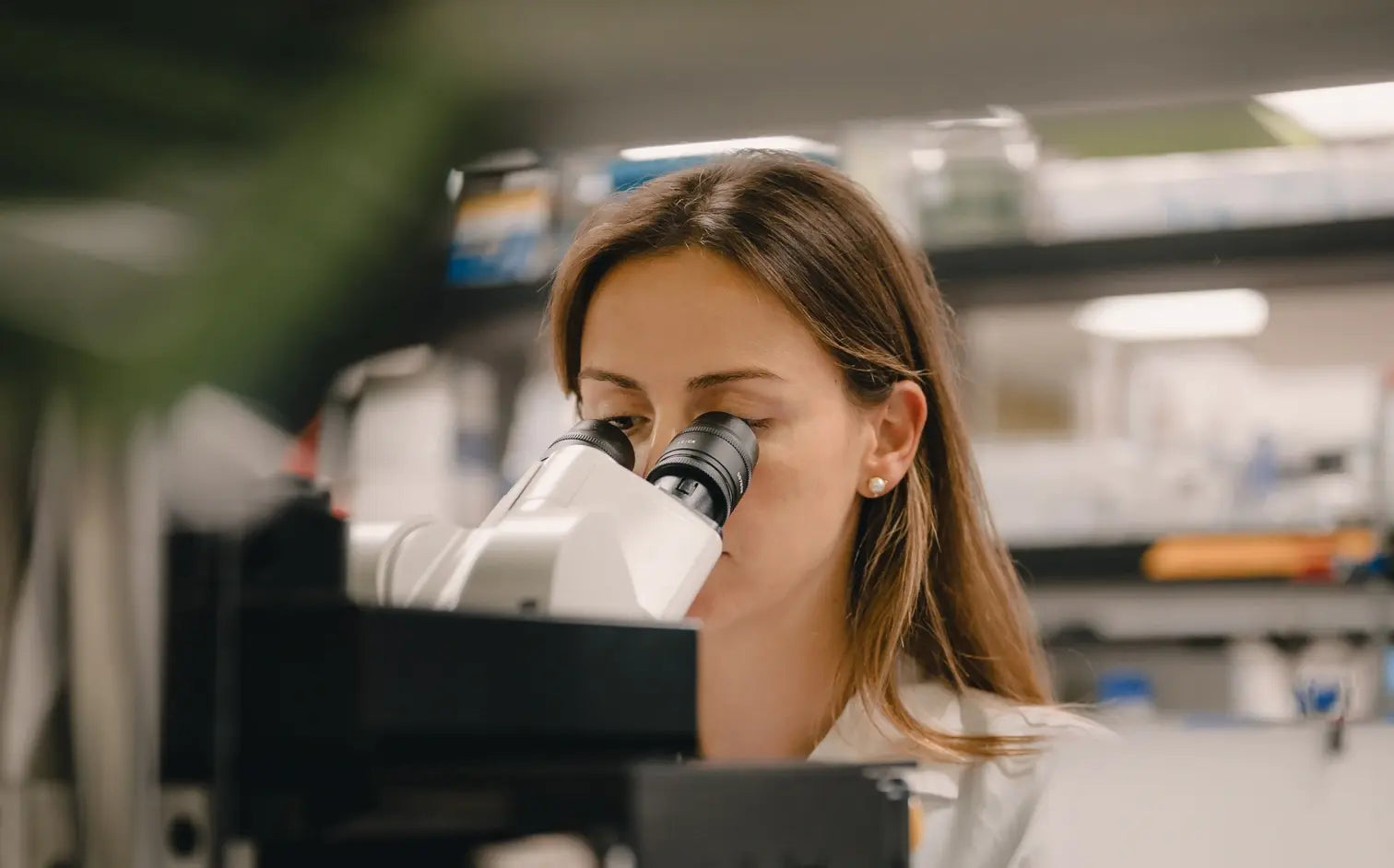Astoundingly, after only 5 days of exposure to the OS-01 peptide, the skin’s biological age was reduced by 2.6 years*, making the OS-01 peptide the first molecule scientifically proven to reduce skin’s biological age! [1,2]
These results confirm that topically applying our novel senotherapeutic compound, the OS-01 peptide, to skin is indeed an effective way to reduce the senescent burden in skin tissue, slowing the skin aging process, and subsequently reducing the biological age of skin.*Note, these results were found in the lab, not in human studies.





